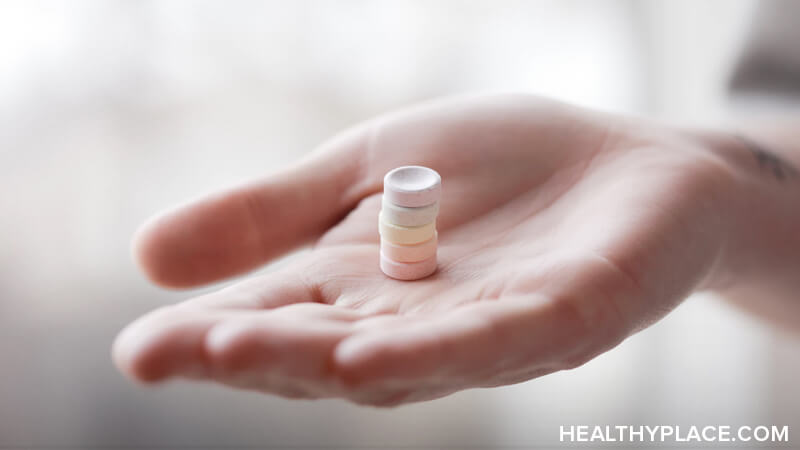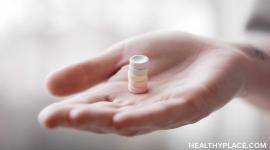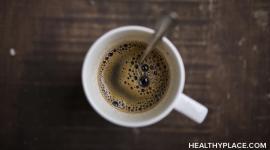Do Vitamins for Bipolar Help at All?

Using vitamins for bipolar disorder symptom management is one of the newer approaches to natural treatment for mental illnesses. The question is: Do they help and is there any real science behind claims that vitamins for bipolar disorder should be part of your treatment regimen?
Vitamins for Bipolar
Using vitamins for bipolar is, according to some small studies, an effective way to help ease difficult symptoms associated with bipolar disorder. Research indicates particular vitamins help bipolar mania, and others help the depression associated with bipolar disorder.
- Vitamin B1 (aka thiamin) - many use vitamin B1 to manage the irritability and anxiety associated with bipolar disorder. Additionally, there are some newer studies that indicate the use of vitamin B1 is helpful in alleviating depressive symptoms.
- Ginkgo Biloba – this supplement is a popular natural approach in the treatment of bipolar disorder. An extract of the ginkgo tree, it is often used by those looking to improve their memory. Yet this is also one of the top vitamins for bipolar disorder in that it enhances blood flow to the brain. Although more research is needed, it is thought that this increased blood flow allows the brain to receive more oxygen and vital nutrients, making ginkgo biloba one of the best vitamins for bipolar mania management.
- Fish Oil – one of the most studied vitamins for bipolar disorder, fish oil has shown beneficial in managing the depression often associated with bipolar. Research around this supplement grew out of the notion that increasing one’s fish
- Folic Acid – also referred to as folate, folic acid is a B vitamin. Research indicates some success in the use of B vitamins for bipolar disorder treatment. Studies on the connection between bipolar and folic acid grew from the awareness that increased depression and manic episodes occurred in those who were deficient in this vitamin. The recommended dosage of folic acid is 0.4mg, and while this is possible to get through a nutritious diet, many also take folic acid supplements. Folic acid is considered “water-soluble” which means any excess is simply excreted through urination.
- St. John’s Wort – St. John's wort is a natural remedy that is actually a flower and has been studied in terms of its effectiveness for a wide range of ailments and disorders. Some studies have shown positive results in promoting mood stabilization and treating depression.
- Vitamin D – most people are vitamin D deficient, even though this vitamin is easily incorporated by incorporating certain foods into a bipolar diet, and of course, the sun. Vitamin D has been well researched and has shown to be essential in optimal cognitive function and brain development. Through this research, psychiatrists and researchers have identified a link between a deficiency in vitamin D and psychiatric illness. Thus, for those with bipolar disorder, it is recommended to increase the time outside in the sun, and/or take a vitamin D supplement.
While there is conflicting evidence on the effectiveness of using vitamins for bipolar disorder, some people have seen benefits (see also: Bipolar Diet: How Different Foods Affect Bipolar Symptoms). So, if you are looking for a more natural way to treat your bipolar disorder, trying vitamins or nutritional supplements could be an option. Nonetheless, it is always advised to consult a medical professional prior to incorporating any new treatments into your regimen or discontinuing any treatment.
APA Reference
Jarrold, J.
(2021, December 28). Do Vitamins for Bipolar Help at All?, HealthyPlace. Retrieved
on 2026, February 23 from https://www.healthyplace.com/bipolar/foods-and-bipolar/do-vitamins-for-bipolar-help-at-all



